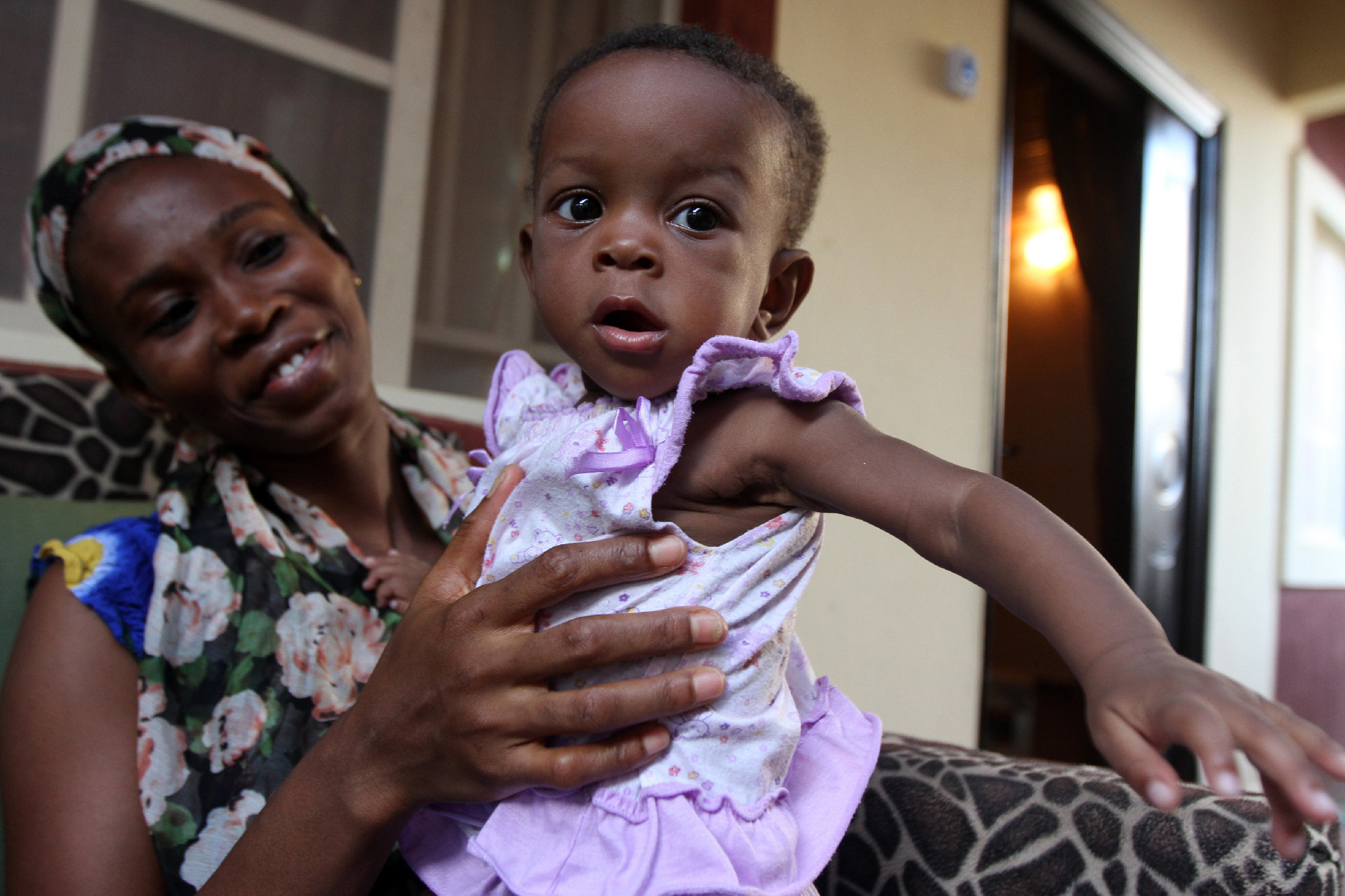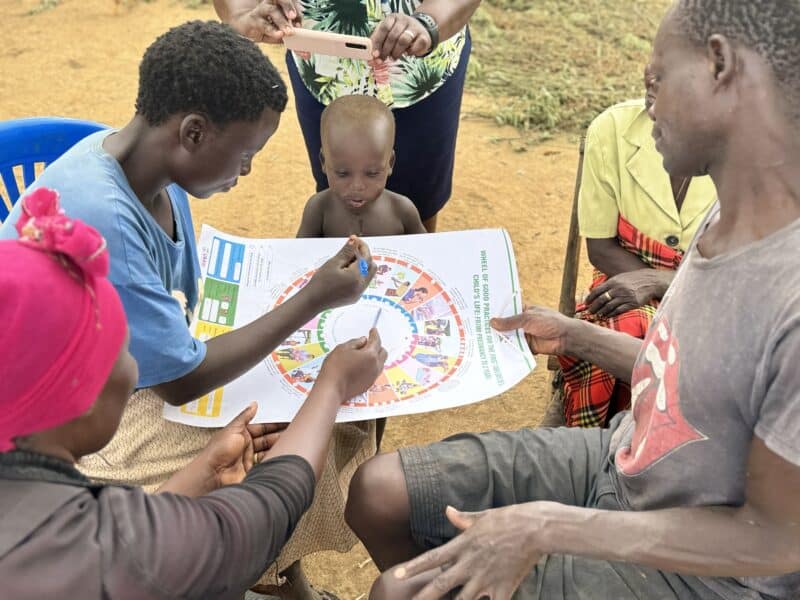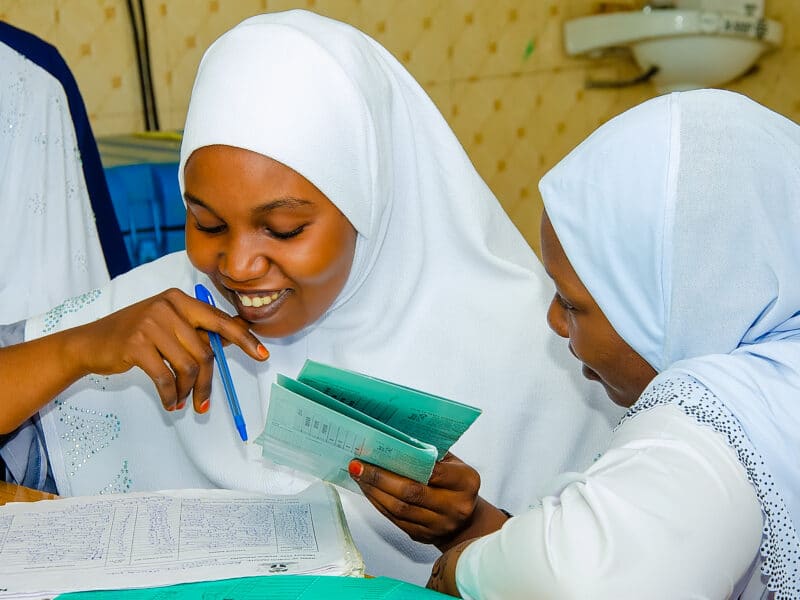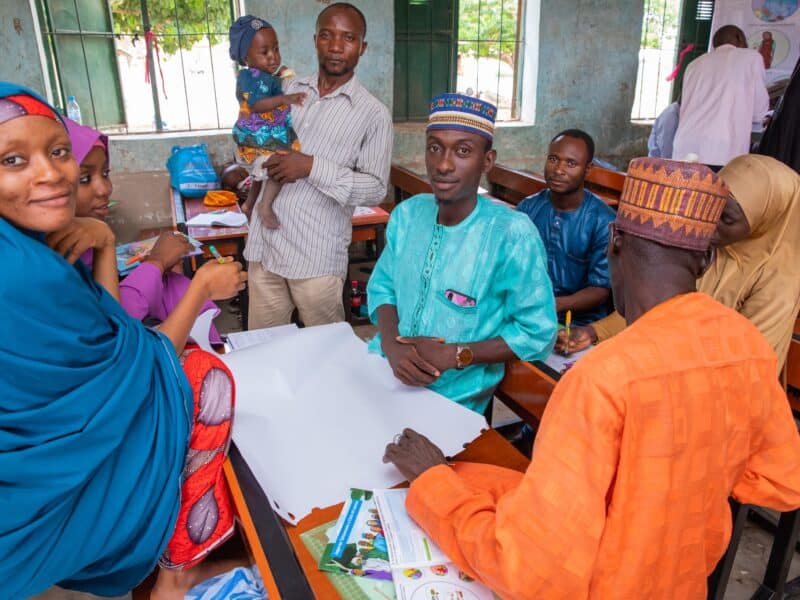“Before now, family planning (FP) in Offa was not so good. We had to go from house to house begging people to adopt FP,” explains Ruth Dare, a registered nurse and FP provider in Offa town, Nigeria. “But now, people are ready for FP. With the intervention of NURHI, the federal and state governments, people are coming out for FP: men, women, the old and the young are all coming.”
With an average of six children per family, Nigeria has the highest national population in Africa, expected to double in the next two decades. This population growth, coupled with poor access to modern FP methods has resulted in high maternal and child mortality rates across the country.
This is changing thanks to the Nigeria Urban Reproductive Health Initiative (NURHI). By working with local governments and leaders, increasing demand through media, entertainment-education and social mobilization and increasing access to services by improving quality and initiating outreach, NURHI cities have experienced an increase of contraceptive prevalence over the past two years, by three to 15 percentage points in the four NURHI cities.
“Now I have a lot to do and people have been coming for FP without any problem,” explains Mrs. Dare.
With the hopes of inspiring others to adapt similar efforts, NURHI is sharing its experience with the world. World Population Day offers the Johns Hopkins Bloomberg School of Public Health Center for Communication Programs (JHU∙CCP) an opportunity to highlight the NURHI Toolkit.
The NURHI toolkit is a resource for program managers, communicators, implementers and program researchers who seek to implement FP programs with step-by-step “how to” guides and links to training curricula, communication materials, implementation guidelines and monitoring and evaluation tools.
“The toolkit, which contains NURHI’s strategies and selected materials, is meant to enable others in Nigeria and around the world to replicate NURHI components, adapt them or simply learn from them,” explains Lisa Cobb, Team Leader for Nigeria at JHU∙CCP. “It provides practical how-to’s, with step-by-step guidance for each component area, from service delivery to demand generation to advocacy.”
Funded by the Bill & Melinda Gates Foundation, NURHI aims to increase the use of modern contraceptive methods among the urban poor in the six cities of Abuja, Ibadan, Kaduna, Ilorin, Benin City and Zaria by removing supply and demand barriers to FP use. The project is implemented by JHU∙CCP, in partnership with the Center for Communication Programs Nigeria and Association for Reproductive and Family Health.





